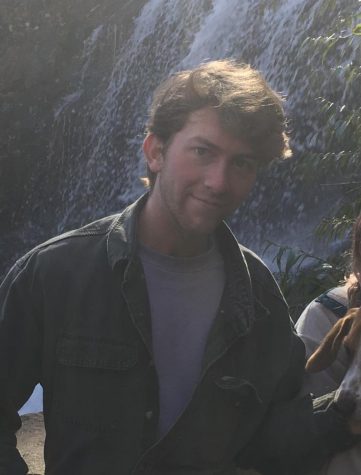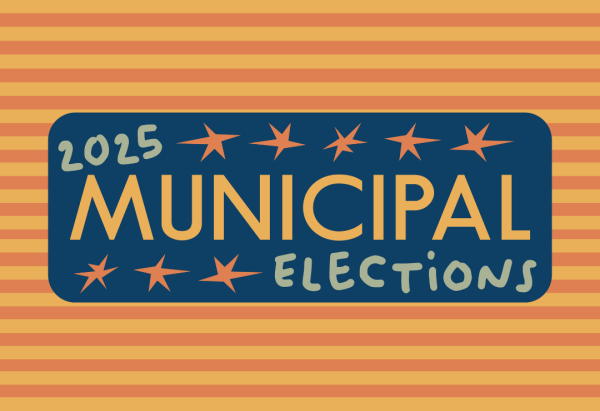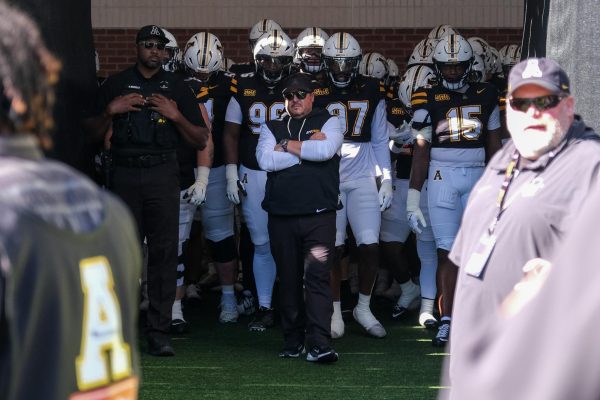Opinion: Climate change needs a martyr
September 22, 2020
The West Coast of the United States looks more like the surface of Mars right now due to wildfires ravaging wildlife, communities and business. Climate change caused by humans is the culprit, providing another example of natural disasters that have occured in the last 50 years.
However, prior to COVID-19, climate change activists struggled to find nationwide support for climate-related regulations. Anyone who has taken the time to educate themselves about the impact humans have on the planet should be alarmed by their findings. We are snowballing toward the global devastation the world was terrified the U.S. and U.S.S.R. would cause during the Cold War. So why has it been so hard to create meaningful change in the United States on an issue that has such deadly ramifications for the entire world? Some would argue that the stranglehold corporate lobbyists have on government officials is the sole reason for the stagnation of regulations on corporations. That may be true, and it is undoubtedly the reason for the Environmental Protection Agency rollbacks under the Trump administration.
However, it is because the climate change movement lacks a human element: in part, due to how the movement is framed.
First, a large part of what many activists focus on is what an individual person can do to have less of an impact on the environment. Such as, drive less, eat local, reduce, reuse and recycle. Any person who donates to a climate change activist group such as The Sierra Club or 350.org will receive emails and letters on how to be more environmentally sustainable. This tactic works with those who are already somewhat environmentally conscious, such as those who donate to activist groups. But to those who may not be as aware, it comes across as decreeing what a person can and can’t do. This is problematic because it clashes with a core American value. We hate being told how to act.
Activists also often focus on wildlife: the animals and beautiful places that we are losing. This strategy is very effective with children and I’m sure some can relate to the guilty feelings I had as a child for human destruction of endangered animals’ habitats, such as blue whales, penguins and polar bears. This strategy, unfortunately, loses some of its potency on older audiences as they become more caught up in their own lives and economic and social issues as they grow older.
Finally, the corporate angle. Climate activists, in many cases, have positioned themselves adversarially to large companies, some by petitioning governments for increased regulation. Greenpeace in association with several other activists is currently engaged in a lawsuit against Spain. Claiming the Spanish government has taken insufficient steps to fight climate change. While in the United States the attorney general for Delaware is filing a lawsuit against 31 fossil fuel companies for lying about their products’ effects on climate change. In Colorado several communities have filed lawsuits against oil giants. This behavior has earned activists the classifications of socialist and anti-capitalist. Which some willingly embrace but at the detriment of the larger movement. This is because socialist and anti-capitalist can be extrapolated to anti-progress and anti-American, two cardinal sins in American culture.
Advocating climate conscious behavior and the preservation of wildlife along with taking large polluters to court are all effective in their own way. But they exhibit flaws that inhibit the climate change movement from gaining widespread support in the United States.
The climate change movement should restructure and refocus their narrative in order to gain more widespread support. Its position should be anti-bully and pro-underdog. The movement should focus on saving a Montana farmer from having his land destroyed by a pipeline rather than advocating for socialist policies. It should argue against river pollution by highlighting how it hurts small time fishermen, instead of driving fish extinct. Americans care about each other, but more passionately we care about the people like us. Oil executives are not like us, politicians with their hands in oil executives’ pockets are not like us. So why should they get preferential treatment like Trump’s regulation rollbacks? The climate change movement can become a pro-American values movement, where we insist those with all the money and power should not be able to do as they please to those without.
Climate change activists should focus on the human element — the people like the rest of us — who are going to suffer if congress doesn’t put regulations in place. The movement should put a spotlight on both the incredibly rich and powerful who want to continue polluting, and the person like us, who will suffer if they continue polluting. The movement should highlight more stories like the Sioux opposing the keystone pipeline. The climate change movement can imbibe the same fervor and passion that previous and current social movements have exhibited if the narrative can be adjusted to include the abuse of people and not just the abuse of nature.













